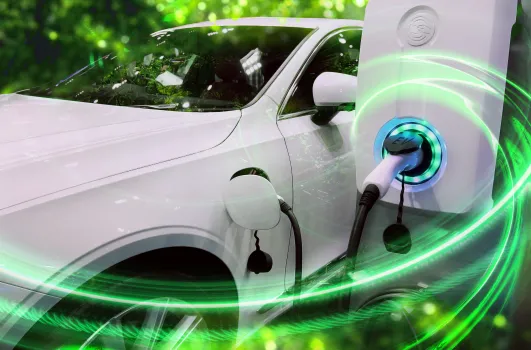
Introduction
The focus of this article is “The Psychology of Eco Vehicle Adoption: Changing Consumer Behavior.” As the need for sustainable transportation continues to grow, understanding consumer behavior in relation to eco vehicle adoption becomes crucial. This article aims to delve into the psychological factors that influence consumer decision-making and explore strategies to promote eco vehicle adoption, ultimately paving the way for a more environmentally friendly future.
Historical Background
To fully comprehend the psychology of eco vehicle adoption, it is essential to consider the historical context. Over the years, there have been significant milestones, events, and shifts in attitudes towards eco-friendly vehicles. From the introduction of hybrid cars to the development of electric vehicles, the transportation landscape has undergone significant changes. Understanding these historical changes is vital in understanding the factors that have shaped consumer behavior.
Key Concepts and Definitions
In order to navigate the intricacies of the psychology of eco vehicle adoption, it is important to define key terms and concepts. Concepts such as eco vehicles, consumer behavior, sustainability, and other related terms play a significant role in shaping the adoption of eco-friendly transportation. These concepts are interconnected and impact how consumers perceive and make decisions regarding eco vehicles.
Main Discussion Points

Factors Influencing Eco Vehicle Adoption
Consumer decision making when it comes to adopting eco vehicles is significantly influenced by psychological factors. Attitudes, beliefs, and values all play a role in shaping consumer behavior. By understanding these psychological factors, interventions and strategies can be tailored to promote eco vehicle adoption. Additionally, social factors such as peer influence, social norms, and cultural values also impact consumer behavior towards eco vehicles.
Psychological Barriers to Eco Vehicle Adoption
Despite growing interest in eco vehicles, cognitive biases and psychological barriers can hinder their adoption. Examples of psychological barriers include the status quo bias, sunk cost fallacy, and information overload. Moreover, emotions such as fear of change or uncertainty can also impact consumer decision-making regarding eco vehicles. By recognizing and addressing these barriers, it is possible to overcome psychological obstacles and promote the adoption of eco vehicles.
Strategies to Promote Eco Vehicle Adoption
There are various psychological interventions and strategies that can effectively promote the adoption of eco vehicles. Persuasive messaging, social marketing, and financial incentives are just a few examples of strategies that have shown promise. Additionally, education and awareness campaigns have had a significant impact on changing consumer behavior towards eco vehicles. By implementing these strategies, consumers can be encouraged to make more sustainable choices.
Case Studies or Examples
Real-world examples and case studies provide valuable insights into successful eco vehicle adoption campaigns or initiatives. By analyzing the psychological factors and strategies used in these cases, a deeper understanding of how consumer behavior can be influenced is gained. These examples serve as valuable references for future interventions and campaigns.

Current Trends or Developments
Keeping up with current trends and developments is essential in understanding the psychology of eco vehicle adoption. The rise of electric vehicles and the impact of government policies are just a few examples of recent trends shaping consumer behavior. Additionally, recent research findings on consumer attitudes and behaviors towards eco vehicles provide valuable insights into the ever-changing landscape of eco vehicle adoption.
Challenges or Controversies
Eco vehicle adoption is not without its challenges and controversies. Concerns about affordability, charging infrastructure, and range anxiety are among the many challenges that consumers face. It is important to address these concerns and present differing viewpoints on the effectiveness of specific strategies or interventions. By acknowledging and addressing these challenges, sustainable solutions can be found.
Future Outlook
Speculating on the future implications and directions for eco vehicle adoption is crucial. Advancements in technology, policy, and societal attitudes all have the potential to impact the adoption of eco vehicles. By considering these advancements and potential changes, we can better prepare for the future of sustainable transportation.
Conclusion
Understanding the psychology of eco vehicle adoption is of utmost importance in shaping sustainable transportation. By summarizing the main discussion points, the significance of ongoing research and interventions in promoting eco-friendly consumer behavior is recognized. It is through these efforts that we can pave the way for a more sustainable and eco-conscious future.




